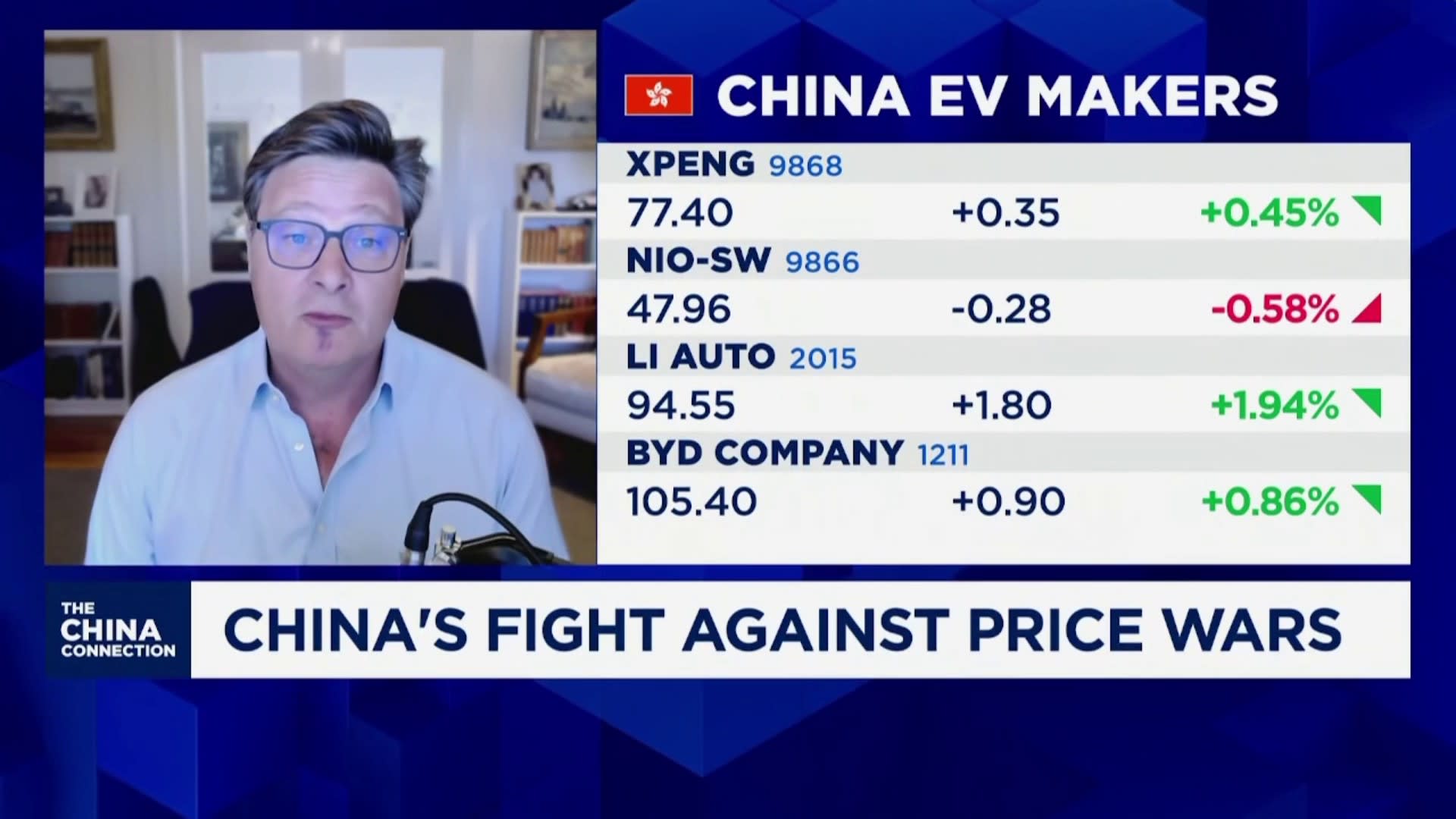Health
BYD Lowers Sales Target Amid Gradual Industry Consolidation

Chinese electric vehicle manufacturer BYD has announced a reduction in its sales target for the year, reflecting a strategic response to the current market landscape. The company now aims to sell 1.5 million vehicles in 2023, down from a previous target of 1.6 million. This adjustment is seen as a pragmatic measure in light of ongoing industry consolidation and shifting consumer demand.
The decision was made public on October 20, 2023, during an investor call, where BYD executives discussed the challenges facing the electric vehicle sector. The company cited increased competition and a slower-than-expected market recovery as key factors influencing its revised forecast.
Market Dynamics and Competition
The electric vehicle market in China has experienced significant fluctuations this year. As traditional automakers ramp up their electric offerings, BYD faces fierce competition from both domestic brands and international players. The company’s leadership emphasized the importance of adapting to these dynamics, suggesting that while growth remains a priority, a more measured approach will be essential.
Analysts have noted that the reduction in sales targets may also indicate a broader trend within the industry. As BYD and other manufacturers navigate these turbulent waters, a consolidation phase is expected, whereby smaller companies could either merge or exit the market. This scenario could lead to a more stable environment for the remaining players, allowing for improved profitability in the long run.
Future Outlook
Despite the lowered sales target, BYD remains optimistic about its future. Executives reiterated their commitment to innovation and expanding production capacities. The company continues to invest heavily in research and development, aiming to enhance battery technology and electric vehicle features, which are crucial for attracting consumers.
The global push towards sustainable transportation, coupled with increasing government incentives for electric vehicles, provides a strong foundation for BYD‘s long-term growth. As the company recalibrates its strategies, it will be interesting to see how these shifts impact its market position and overall sales performance in the coming months.
In summary, BYD‘s decision to lower its sales target is a reflection of the current realities within the electric vehicle market and a proactive step towards navigating future challenges. As industry consolidation unfolds, the company is poised to adapt and evolve, ensuring its place in an increasingly competitive landscape.
-

 Technology5 months ago
Technology5 months agoDiscover the Top 10 Calorie Counting Apps of 2025
-

 Health2 months ago
Health2 months agoBella Hadid Shares Health Update After Treatment for Lyme Disease
-

 Health3 months ago
Health3 months agoErin Bates Shares Recovery Update Following Sepsis Complications
-

 Technology4 months ago
Technology4 months agoDiscover How to Reverse Image Search Using ChatGPT Effortlessly
-

 Technology1 month ago
Technology1 month agoDiscover 2025’s Top GPUs for Exceptional 4K Gaming Performance
-

 Technology2 months ago
Technology2 months agoElectric Moto Influencer Surronster Arrested in Tijuana
-

 Technology5 months ago
Technology5 months agoMeta Initiates $60B AI Data Center Expansion, Starting in Ohio
-

 Technology5 months ago
Technology5 months agoRecovering a Suspended TikTok Account: A Step-by-Step Guide
-

 Health4 months ago
Health4 months agoTested: Rab Firewall Mountain Jacket Survives Harsh Conditions
-

 Lifestyle5 months ago
Lifestyle5 months agoBelton Family Reunites After Daughter Survives Hill Country Floods
-

 Technology4 months ago
Technology4 months agoHarmonic Launches AI Chatbot App to Transform Mathematical Reasoning
-

 Technology3 months ago
Technology3 months agoUncovering the Top Five Most Challenging Motorcycles to Ride



















